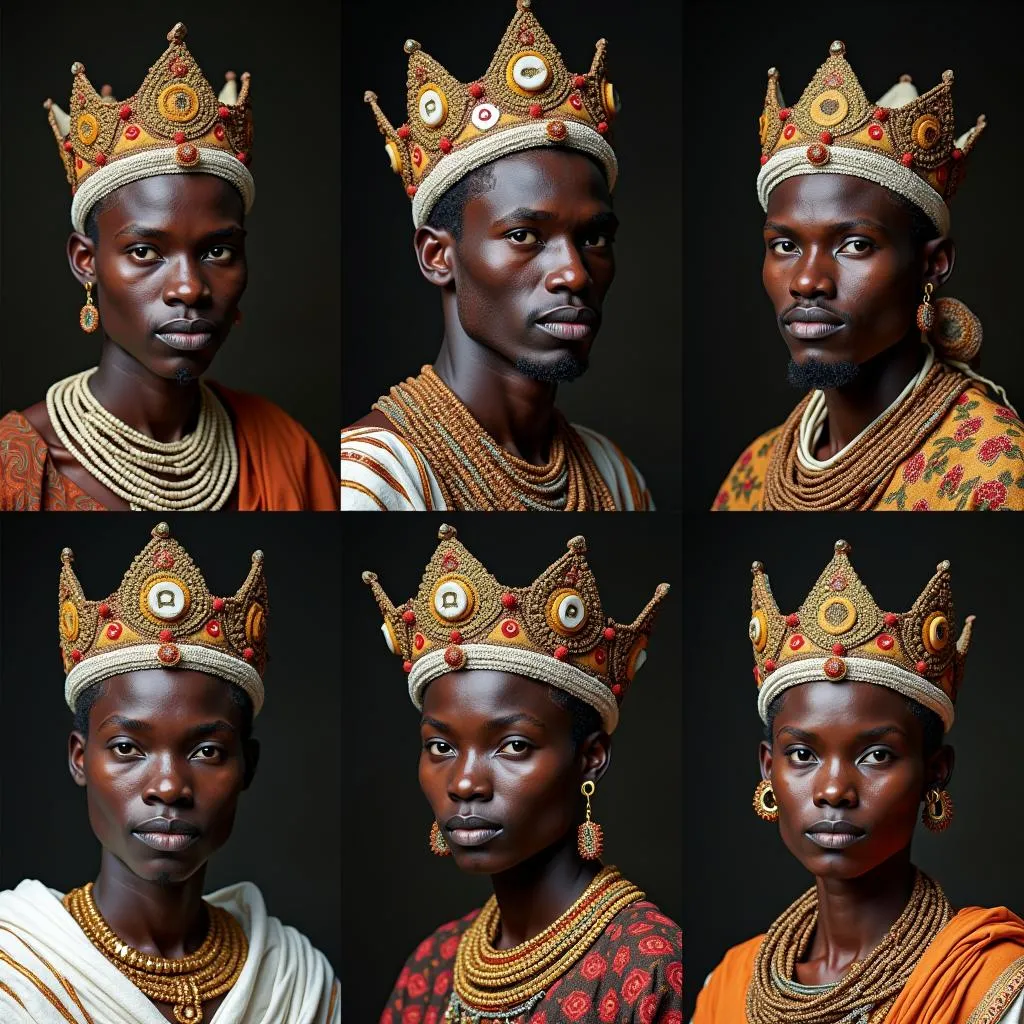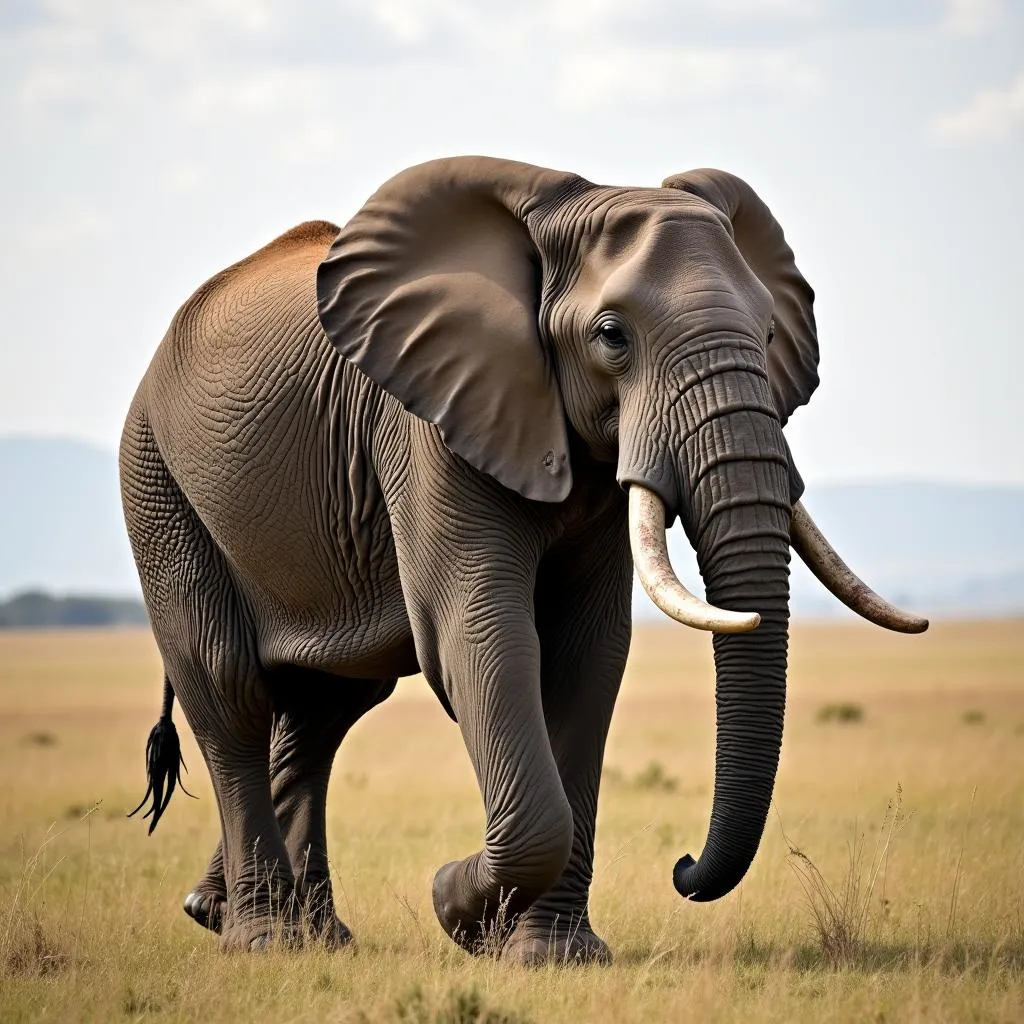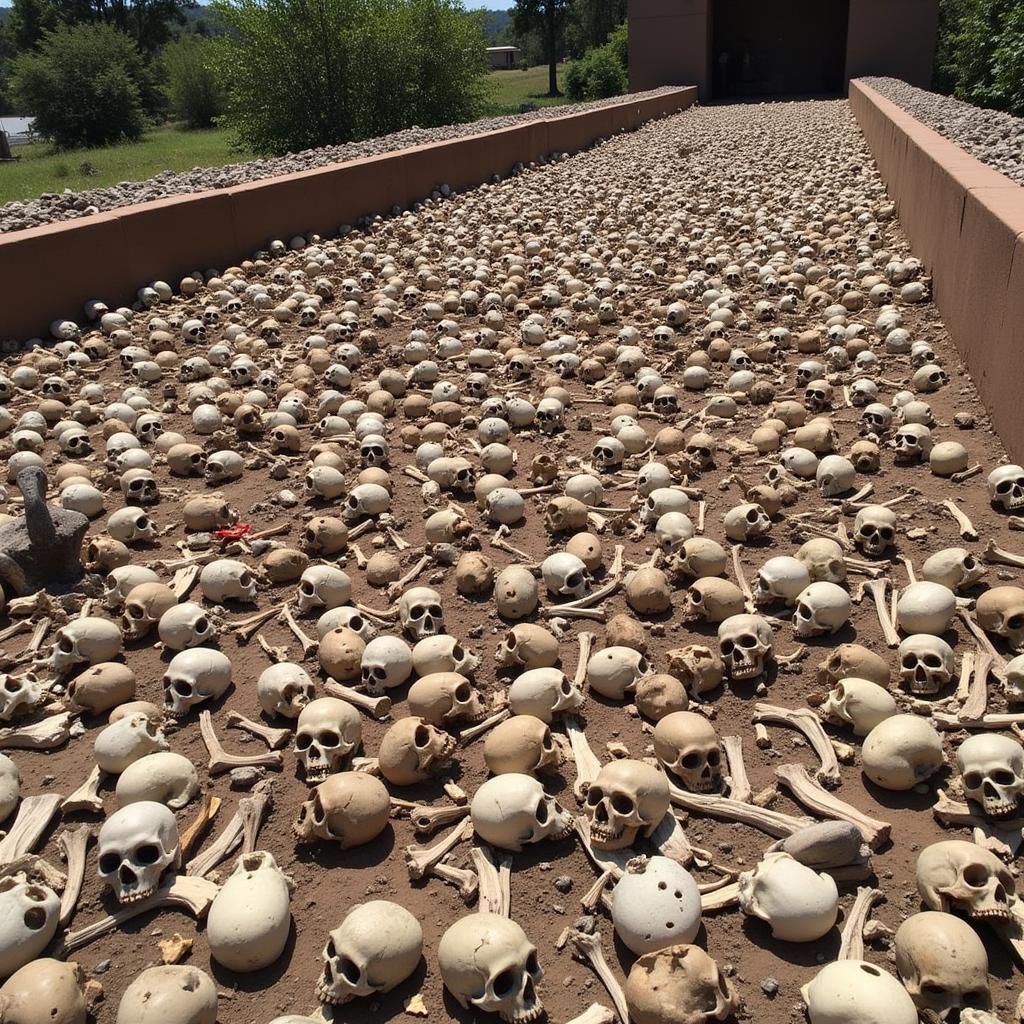African American Martial Arts: A Rich History and Powerful Legacy
African American Martial Arts is a story woven through resilience, innovation, and cultural pride. From the hidden fighting styles developed during slavery to the global stage of mixed martial arts, African Americans have made indelible contributions to the world of martial arts. This article will delve into this rich history, highlighting key figures and examining the evolution of these powerful traditions.
African Americans developed unique fighting styles during slavery, often disguised as dances or games. These practices, born out of necessity and a desire for self-preservation, became a vital part of their cultural heritage. Shortly after this period, African Americans continued to innovate and excel in established martial arts forms. African American MMA fighters like Anderson Silva and Jon Jones have reached the pinnacle of the sport, demonstrating the power and skill honed through generations.
The Untold Stories of Early African American Martial Arts
The history of African American martial arts often begins with the brutal reality of slavery. Deprived of the right to bear arms, enslaved Africans developed covert methods of self-defense. These techniques, often masked as dances or games like “kicking and stomping,” allowed them to practice combat skills without arousing suspicion. These practices not only served as a means of physical protection but also as a form of cultural resistance, a testament to the enduring human spirit.
These early forms of self-defense laid the foundation for later generations of African American martial artists. The knowledge and skills passed down, often through oral tradition, helped shape the development of distinct fighting styles. This legacy of resistance and innovation continues to inspire martial artists today.
African American Pioneers in Modern Martial Arts
The 20th century witnessed the rise of African American pioneers in established martial arts disciplines. Boxers like Jack Johnson shattered racial barriers and became global icons. Later, figures like Jim Kelly brought martial arts into mainstream cinema, inspiring a new generation to explore these disciplines. These individuals not only achieved personal success but also paved the way for greater representation and recognition of African Americans within the martial arts world.
The Influence of African Heritage on Martial Arts
The connection between African heritage and martial arts extends beyond the shores of North America. African Capoeira is a vibrant example of this cultural exchange. This Afro-Brazilian martial art, with its roots in Angola, combines elements of dance, music, and acrobatics, showcasing the fluidity and dynamism of African movement traditions. Understanding these connections provides a deeper appreciation for the global influence of African culture. The rich African heritage in Latin America and its African influence on Latin America history are undeniable.
“The martial arts journey is a journey of self-discovery,” says Dr. Anika Nkrumah, a historian specializing in African diaspora studies. “It connects us to our ancestors and empowers us to build a stronger future.”
African American Martial Arts Today
Today, African Americans continue to make significant contributions to the world of martial arts. From MMA to traditional martial arts, they are pushing boundaries, breaking down barriers, and inspiring future generations. The story of African American martial arts is a testament to the power of resilience, innovation, and the enduring human spirit.
“Seeing African American athletes excel in martial arts instills a sense of pride and possibility in our youth,” adds Master Kofi Asante, a renowned martial arts instructor with over 30 years of experience. “It shows them that they too can achieve greatness.”
Conclusion
African American martial arts is a vibrant and evolving story of perseverance, cultural expression, and the pursuit of excellence. From the covert fighting techniques developed during times of oppression to the global stage of modern martial arts, African Americans have left an enduring mark on this dynamic field. Their contributions, both past and present, enrich the tapestry of martial arts and inspire us all.
FAQ
- What are some examples of early African American martial arts? Early forms included disguised fighting techniques often masked as dances or games.
- Who are some prominent African American martial artists? Notable figures include Jack Johnson, Jim Kelly, Anderson Silva, and Jon Jones.
- How did slavery influence the development of African American martial arts? Enslaved Africans developed covert self-defense methods due to restrictions on weapon ownership.
- What is the significance of Capoeira in African American martial arts history? Capoeira demonstrates the connection between African heritage and martial arts, particularly in the African diaspora.
- How are African Americans contributing to martial arts today? African Americans continue to excel in various martial arts disciplines, from MMA to traditional forms, inspiring future generations.
Common Situations and Questions:
- How can I find a qualified martial arts instructor who specializes in African-inspired styles? Research online directories and local martial arts schools, and inquire about instructors’ backgrounds and experience.
- Are there specific martial arts styles that originated in Africa? While many early forms were covert and undocumented, various traditional African combat systems exist, and some modern styles draw inspiration from these roots.
- How can I learn more about the history of African American martial arts? Explore books, documentaries, and online resources dedicated to African American history and martial arts.
Further Exploration:
You might also be interested in these related articles: African American MMA Fighters.
Need Help?
Contact us for support: Phone: +255768904061, Email: [email protected] or visit us at Mbarali DC Mawindi, Kangaga, Tanzania. Our customer service team is available 24/7.



